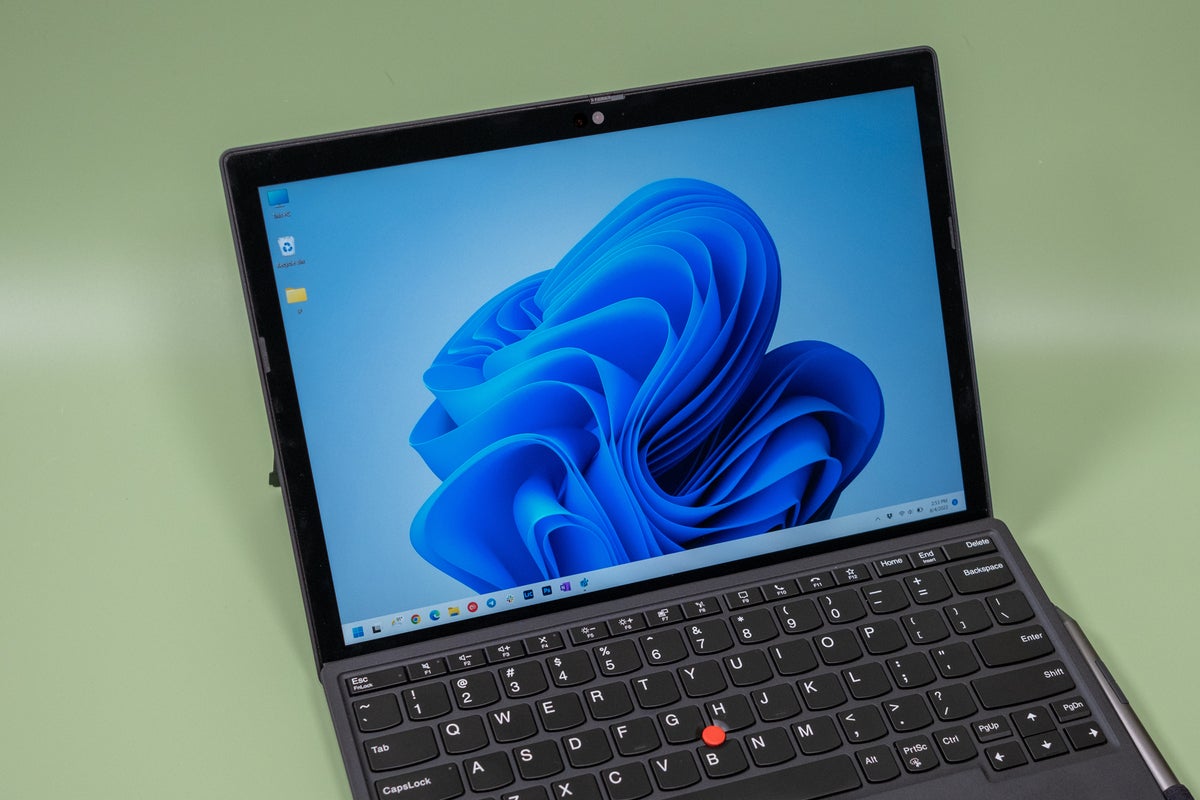Last week, I wrote about a survey I’m using to ask PC users about their plans for Windows 11. With the 22H2 release just around the corner — and with Windows 11 now a year old — the operating assumption has been that many would be ready to move forward with deployment.
As I’ve said before, this is an unscientific survey, merely an attempt at getting a feel for everyone’s plans. I didn’t limit who could answer questions, nor try to establish bias. (The survey is still open if you’d like to weigh in on what sort of Windows 10 or 11 topics you’re interested in.)
Given that Windows 11 has higher hardware requirements, it’s no surprise most respondents (69.1%) are still using Windows 10 on their systems. Another 16.3% percent run Windows 11, just under 5% use Windows 7, and 1.8% still run Windows 8.1 (!). A smattering of respondents are on Macs (2.4%), Linux (3.5%), or something else (1.7%) — usually dual-boot Windows/Linux systems.
I was surprised to find more than half the respondents (51.3%) already have hardware that would support Windows 11. Just under 40% either do not have a Trusted Platform Module, a good enough video card, or a processor that can support Windows 11. And 9% said they have no plans to move to Windows 11 at all.
(At home, I have only one system out of four that’s Windows 11-ready; they are simply old machines, though they all now have SSD drives — a must in this era of Windows.)
As far as when users anticipate upgrading to Windows 11, the answers are muddled; 43.5% simply aren’t sure. I assumed the arrival this fall of Windows 11 22H2 would be a key release for people who plan to upgrade, yet just 3.6% expect to do so. Another 2.8% said they would upgrade in six months, and 10.5% plan to do so within a year.
The vast majority, 66.17%, plan to stay on the OS they’re running now, with 12.1% saying they are only testing Windows 11 and 3.8% evaluating other platforms. Just under 18% are using Windows 11 all the time.)
As for what excites Windows users about Windows 11, the word salad that emerged had “better security” as a standout. But not much else seemed to catch user attention.
 Susan Bradley
Susan BradleyWhat excites users most about Windows 11?
As one respondent said: “The short answer: Nothing. The truth is, like most people, I’ve long since stopped being ‘excited’ about anything my computers do. They’re tools, to help me write, organize and communicate, and ANY time spent having to figure out the new ‘features’ that Microsoft (or Apple, or Google) crams down my throat is time away from doing anything productive or enjoying life. ‘Excitement’ over new operating systems is for geeks and is an increasingly odious burden on the rest of us.”
I also included an open-ended question about what users would like to see changed in Windows 11. Of those who answered, many lamented the revamped Start menu, and an inconsistent UI across various menu systems. As one person wrote: “The Windows 11 file explorer made unnecessary changes that worked fine in Windows 10. I use copy, paste, cut, delete, rename, and refresh more frequently than the average user. I find the icon replacements, and the extra step required to refresh changes in Windows 11 to be a waste of additional time on my part. And personally, I find the Settings app differences in Windows 11 require that I essentially go through the entire app to make changes to suit me. I did not have to do that in the Windows 10 Settings app.”
Microsoft is aiming to make the UI more streamlined. But I’ve heard from many long-term Windows users that having to relearn menus and clicks slows them down when trying to cut and paste. (There are a variety of documented ways and tools to bring many of these features back to Windows 11.) And the fact that users who like to move things around and customize their desktop can longer do so without hacks and third-party tools is probably the biggest roadblock to Windows 11 adoption. It will be interesting to see whether Microsoft listens to its core users and brings back some ability to customize the platform.
If you want to read what others have said about Windows 11, the full survey results are available here.
Copyright © 2022 IDG Communications, Inc.
[ad_2]

Leave a Reply